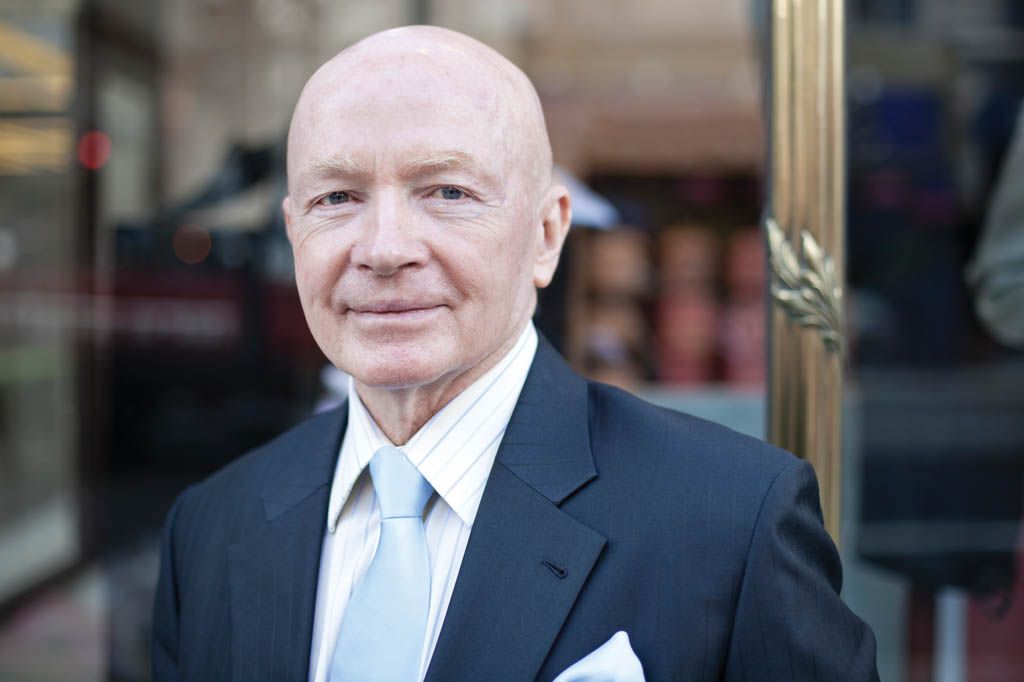“We visit a company twice a year, three times a year, and even then, the minute we walk out the door, something can happen with that company,” Mobius told Expert Investor‘s sister publication FSA on a recent visit to Hong Kong.
Mobius recalled an investment mistake during the 1990s when one of his strategies was invested in a Brazilian department store chain named Mesbla.
“This is a big department store and we visited the company very often and met with the financial auditor. He gave us a very nice account of the company, and all of a sudden, the company was bankrupt.”
Although the firm did meet with the financial auditor regularly, Mobius said it was a mistake for not meeting the controlling family of the company.
“So this is the kind of thing that could happen. The family was doing something behind the scenes that we were not aware of.”
Mobius previously managed several of Templeton Emerging Markets Group’s funds, but transitioned the day-to-day management to other portfolio managers. However, he remains fully engaged in the investment team’s research activities. In addition, he continues to share his macro perspectives on investment opportunities across emerging markets with clients globally, typically with a strong dose of his characteristic optimism.
The corruption factor
As a general observation on frontier markets, he said investors should not make a decision based on an initial top-down analysis of a country.
“The country may just look like a huge disaster because of bad press,” Mobius said, adding that the firm searches for companies that are potential bargains.
One example is Nigeria, where corruption is rampant. However, there are some companies that are able to do well without involvement in corrupt practices.
Nevertheless, investors should always remain cautious, no matter which market they invest in. “One of the things we’ve learned is there is corruption in every country. No country is exempted, including the US.”
After evaluating these companies, the firm then looks at whether there will be any difficulties moving money in and out.
The ease of putting in capital as well as pulling it out from a market is a very important factor for Mobius. “This is one of the differentiating factors of frontier markets. [Capital movement] is often restricted in one way or another.”
Mobius recalls his frustration during the Asian financial crisis, when the firm couldn’t exit Malaysia for two years. “That’s not even a frontier market,” he added.







